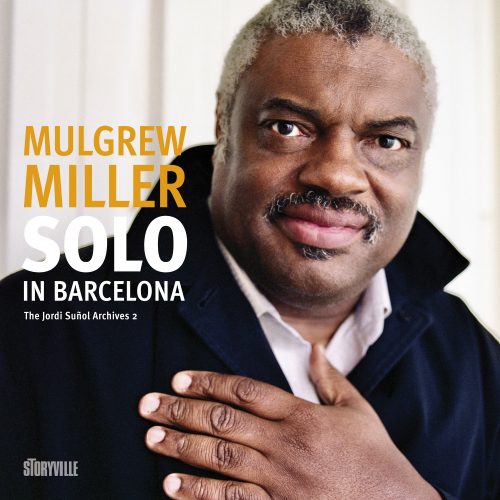Mulgrew Miller (1955-2013)
Mulgrew Miller was an American jazz pianist whose soulful erudition, clarity of touch and rhythmic aplomb made him a fixture in the postbop mainstream for more than 30 years.
Mr. Miller developed his voice in the 1970s, combining the bright precision of bebop, as exemplified by Bud Powell and Oscar Peterson, with the clattering intrigue of modal jazz, especially as defined by McCoy Tyner. His balanced but assertive style was a model of fluency, lucidity and bounce, and it influenced more than a generation of younger pianists. He was a widely respected bandleader, working with a trio or with the group he called Wingspan, after the title of his second album. If his sideman credentials overshadowed his solo career, it wasn’t hard to see why: he played on hundreds of albums and worked in a series of celebrated bands.
Born in Greenwood, Miss., on Aug. 13, 1955, Mulgrew Miller grew up immersed in Delta blues and gospel music. After picking out hymns by ear at the family piano, he began taking lessons at age 8. He played the organ in church and worked in soul cover bands, but devoted himself to jazz after seeing Peterson on television, a moment he later described as pivotal. At Memphis State University he befriended two pianists, James Williams and Donald Brown, both of whom later joined Art Blakey’s Jazz Messengers. Mr. Miller spent several years with that band, just as he did with the trumpeter Woody Shaw, the singer Betty Carter and the Duke Ellington Orchestra, led by Ellington’s son Mercer. Mr. Miller worked in an acclaimed quintet led by the drummer Tony Williams from the mid-1980s until shortly before Williams died in 1997. Among Mr. Miller’s releases in the past decade were an impeccable solo piano album and four live albums featuring his dynamic trio.
Source: New York Times, 2013





